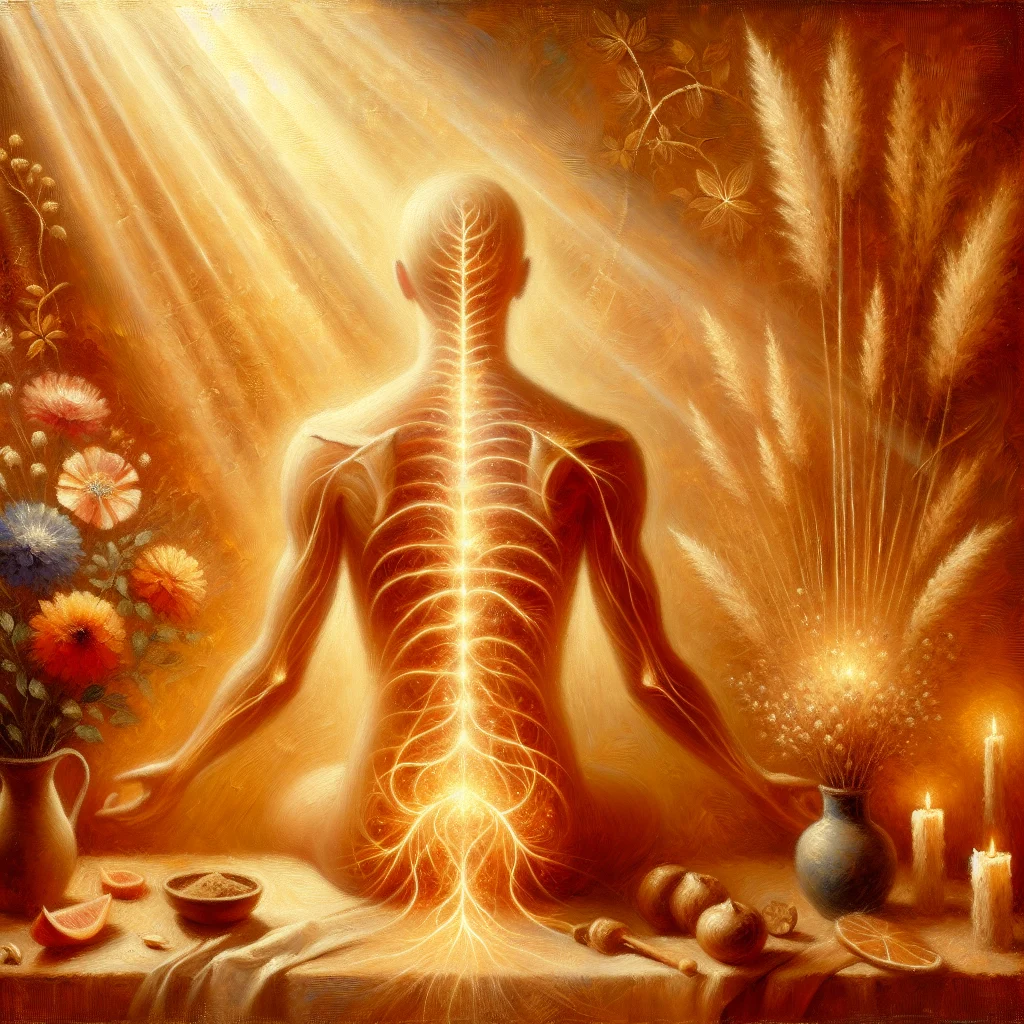What Are the Different Types of Spiritual Awakenings?
Spiritual awakenings can feel like a sudden lightning strike or a slow-burning realization—but they all point to the same core truth: transformation. In our modern world, many people find themselves yearning for deeper meaning and a more connected existence. As you might already know from “What Are Spiritual Awakenings?”, this phenomenon is more common than you might think. But what most don’t realize is that there are multiple types of spiritual awakenings, and each follows its own unique path.
Understanding what kind of spiritual awakening you’re experiencing can make the journey smoother and more empowering. Whether you’re navigating intense emotional shifts or simply feeling more intuitive than usual, identifying your path can help you align with your inner truth.
Start your daily meditation practice with our beginner-friendly guide – Everyday Calm

1. Sudden Awakening or “Kundalini Awakening”
This is perhaps the most dramatic form of spiritual awakening. It happens unexpectedly, often triggered by a powerful life event such as trauma, loss, or a near-death experience. The term “Kundalini” comes from yoga philosophy and refers to dormant spiritual energy coiled at the base of the spine. When this energy is awakened, individuals often experience intense physical sensations, vivid visions, or even spiritual euphoria.
It’s important to approach sudden awakenings with care. Without proper grounding, this phase can be overwhelming. However, it can also unlock tremendous healing and self-understanding.
Signs of a Sudden Awakening
- Intense surges of energy through the spine or body
- Increased synchronicity or “meaningful coincidences”
- Heightened perception and altered states of consciousness
- Periods of confusion or identity crisis
2. Existential or “Dark Night of the Soul”
This awakening is not usually filled with joy or enlightenment at first. Instead, it’s a challenging period marked by deep questioning of life’s meaning. It often stems from emotional grief, dissatisfaction, or burnout. The phrase “Dark Night of the Soul” comes from religious mysticism, particularly in Christian and Sufi traditions.
Though it sounds grim, this type of awakening is essential for spiritual maturity. It strips away ego attachments and initiates profound transformation. The light returns—but only after honest self-confrontation.
During this period, many people benefit from practices like shadow work, journaling, and spiritual mentorship. If this resonates, our post on shadow work questions for self-love might be helpful as a companion during this phase.
Common Characteristics
- A sense of loneliness or spiritual emptiness
- Loss of interest in material goals
- A questioning of identity or past beliefs
- An eventual shift into deep self-compassion and empathy
3. Heart-Centered Awakening
While some awakenings ignite the mind, others radiate from the heart. A heart-based awakening softens judgment and strengthens compassion. You may feel deeply connected to others, even strangers or animals. These awakenings often come after experiencing or giving unconditional love.
Many people in this phase feel called towards healing modalities, caregiving professions, or activism based on empathy. It’s an awakening that fuels personal connection and emotional intelligence.
How It Feels
- Stronger intuition and emotional openness
- A powerful drive toward forgiveness and healing past wounds
- Craving genuine connections over superficial ones
- Greater emotional resilience during stress
4. Intellectual or Philosophical Awakening
Not all spiritual journeys follow emotional or energetic paths. For some, the gateway is intellectual. This mind-opening awakening stems from deep theoretical exploration—philosophy, metaphysics, or even quantum physics.
People undergoing this form of awakening often reframe their worldviews completely. They might dive into studying ancient texts, spiritual teachers, or scientific explanations for consciousness.
This awakening expands mental frameworks and encourages inner dialogue. As a result, it can foster harmony between science and spirituality.
Typical Indicators
- A hunger for spiritual knowledge and literature
- Debating life’s biggest questions about purpose and creation
- Shifting from rigid logical thinking to more open-minded exploration
- Blending science, faith, and intuition
5. Nature-Based Awakening (Earth Connection)
This is a subtle but profound call back to our roots. A nature-based awakening occurs through deep connection with the earth, animals, or the cosmos. Often, this involves a shift toward sustainable living, mindfulness, and honoring the rhythms of nature.
Many who experience this awakening feel drawn to spend more time outdoors, practice grounding techniques, or explore ancient spiritual systems connected to nature such as shamanism or Druidry.
If you’ve ever had a moment under the stars that made you feel divinely connected, you’re already familiar with this path.
Notable Signs
- Desire to live in harmony with the planet
- Feeling spiritually charged in natural settings
- Increased awareness of cycles and seasons
- Greater presence and mindfulness in daily life
6. Gradual Awakening
Contrary to dramatic awakenings, some people experience a slow, unfolding realization over months or even years. This type is often the most gentle and balanced, allowing space for integration at a comfortable pace.
This path might involve small shifts, such as discovering mindfulness, trying meditation, or adopting daily affirmations. With time, those practices stack up and create significant internal change.
If you’re walking a gradual path, you might enjoy our post, “Spiritual Journey for Beginners”, which gently guides you along the way.
Indications of Gradual Awakening
- Interest in spiritual, self-help, or holistic content
- Daily shifts in how you perceive others and yourself
- Long-term growth through journaling or meditation
- Peaceful transformation rather than sudden change

Finding Your Path: Which Awakening Are You Experiencing?
No two spiritual awakenings are identical. Some people experience only one type, while others may flow between several over a lifetime. The key is to honor what’s present and treat your journey with patience and compassion.
This isn’t about reaching a destination—it’s about discovering who you are on increasingly deeper levels. Each awakening type offers valuable insight, healing, and connection, drawing you closer to your higher self.
Moreover, it helps to integrate spiritual tools and support into this process. Consider keeping a spiritual journal, joining a community, or consulting with a guide. If you’re unsure where to begin, check out, “How to Become a Spiritual Guide”.
Want to take aligned action on your awakening? Begin with our guide – Manifest Your Dreams
Curious about continuing the inner work? Don’t miss our in-depth advice on tips for spiritual growth or learn whether a spiritual awakening makes you tired.
If this article resonates with you, explore more under our Spirituality & Inner Work or Personal Growth categories.

